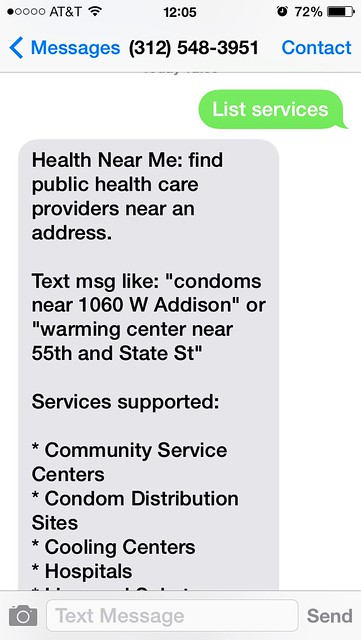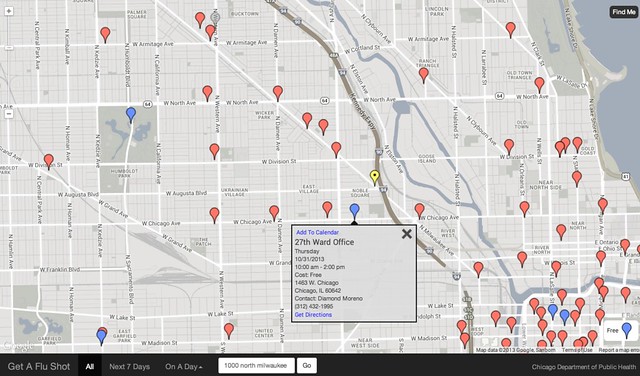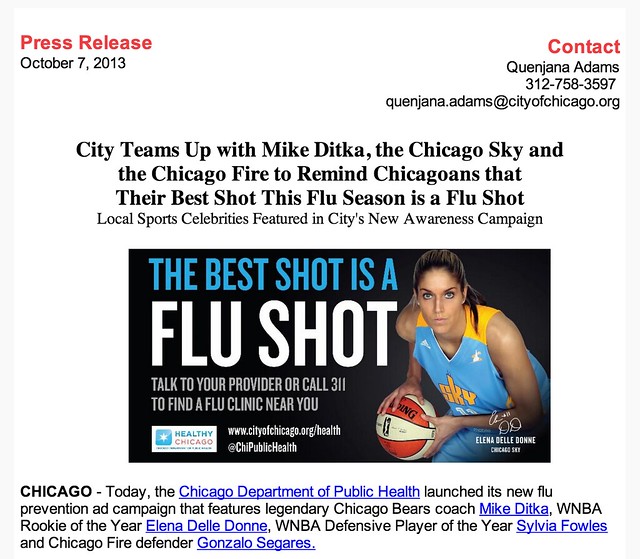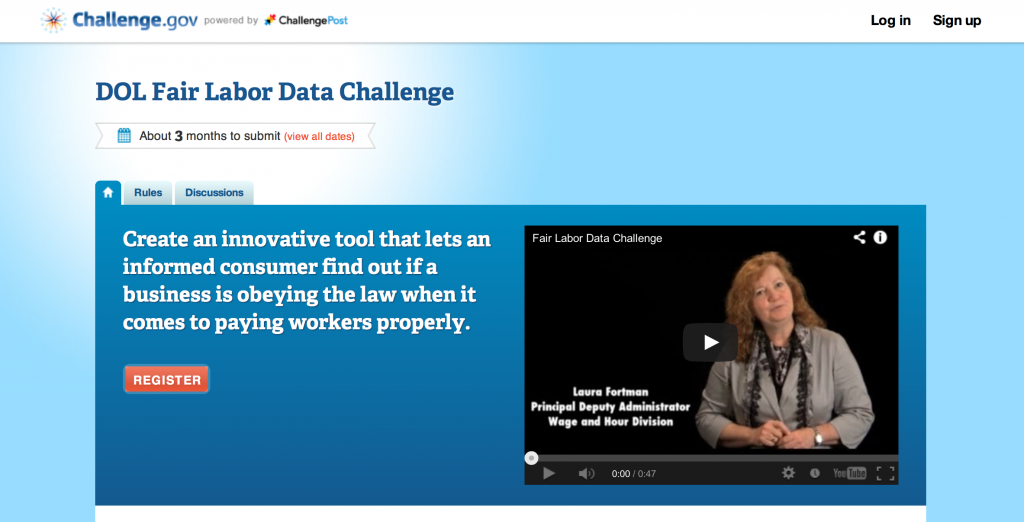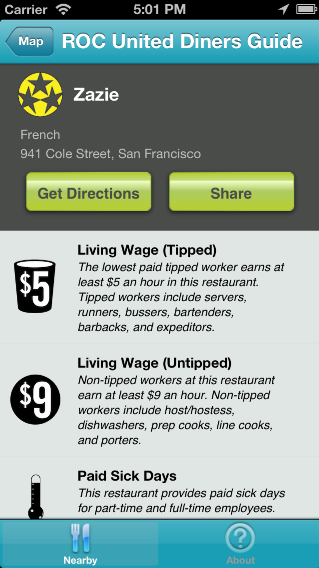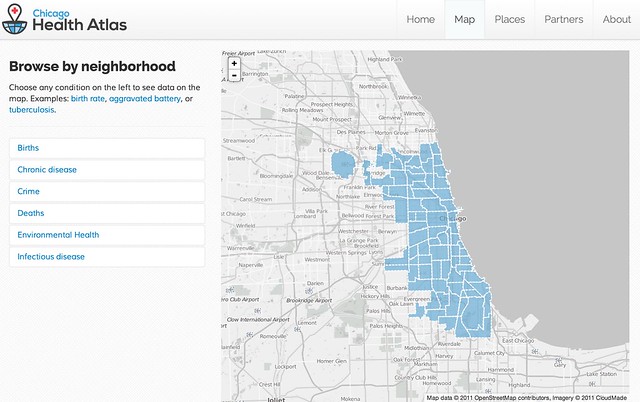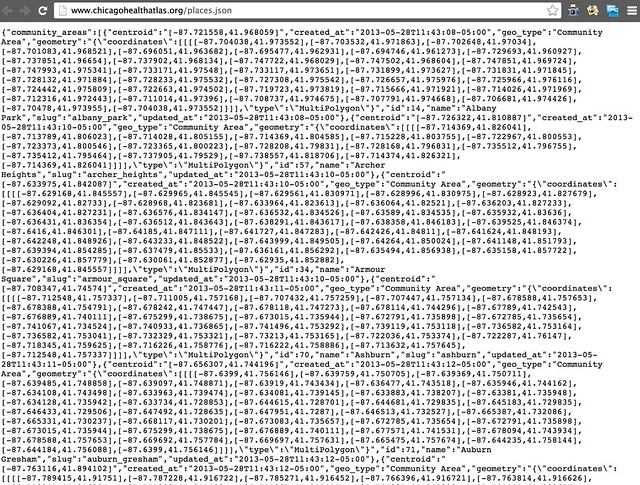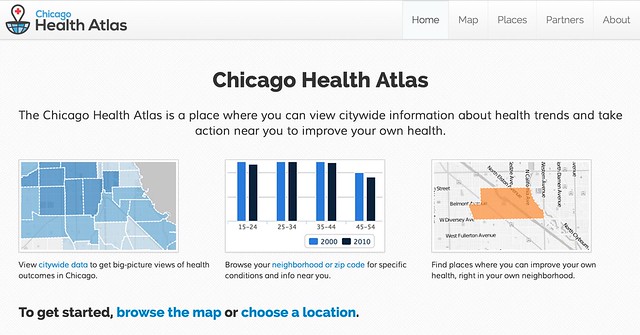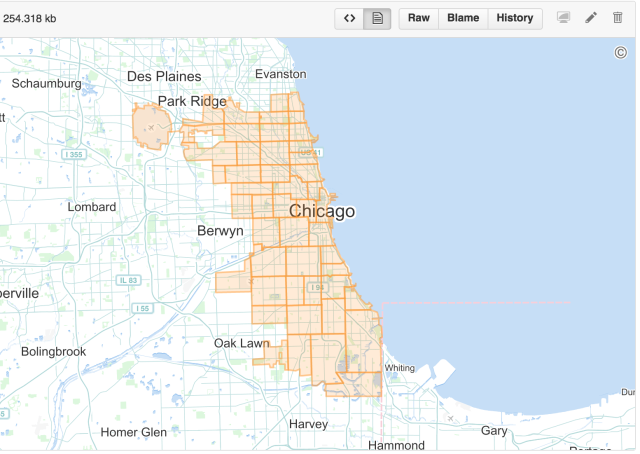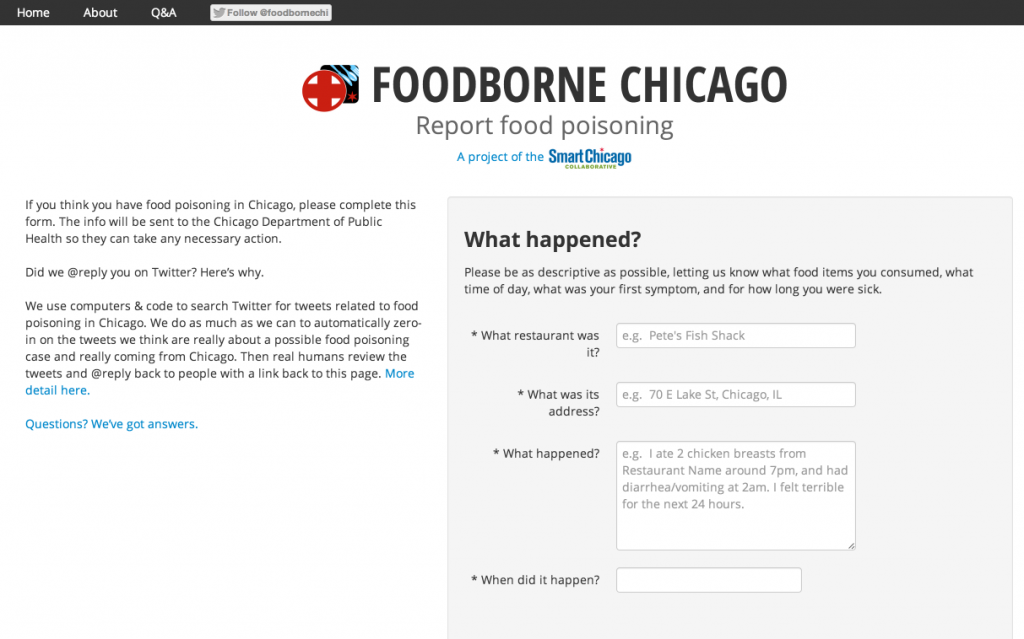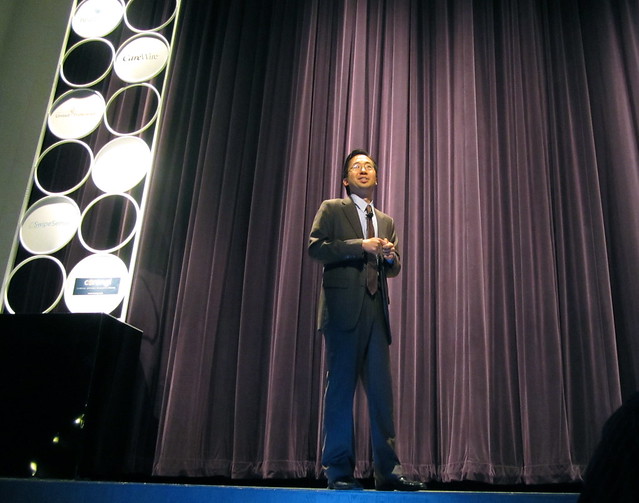
U.S. CTO Todd Park at Healthbox Investor Day here in Chicago
There are two great statewide health data events coming up on November 8 and 9 in Chicago.
Putting Health Data to Work in Our States and Communities
First up, on Friday, November 8, is A Health Data Consortium Event: Putting Health Data to Work in Our States and Communities.
The event is organized in partnership with the Health Data Consortium, the State of Illinois, the California HealthCare Foundation, and Robert Wood Johnson Foundation. It’s a gathering of thought leaders from the private, nonprofit, and government sectors confronting the most pressing health data issues in the U.S. health care system at the state and local level.
The day-long event will be the first of a series of Health Data Consortium forums focusing on state and local health data successes, challenges, and opportunities. Invited speakers for the event include:
More speakers and panelists to be announced. Register here for the event on November 8.
Illinois Health Datapalooza
The next day, Smart Chicago will be helping host the Illinois Health Datapalooza on November 9th at 1871. The datapalooza brings policy makers, health care practitioners, web developers, designers, and data scientists to find ways to make health data a deeper part of the technology scene Illinois.
The event is organized by the Health Data Consortium, the US Department of Health and Human Services, the Illinois Department of Public Health (IDPH), the Illinois Department of Commerce and Economic Opportunity (DCEO) and the Smart Chicago Collaborative.
Christopher Whitaker, consultant and writer for Smart Chicago, has done lots to prepare for this event and will help guide the activities.
The morning sessions will be skill-sharing roundtables with representatives from Socrata, ESRI, and Healthdata.gov on hand to talk about available tools and resources for working with open health data. Midday activities will include brainstorming sessions on current challenges that healthcare policy makers and practitioners have in the field and an exploration into how civic innovation could help address them. The afternoon will feature unconference sessions (where attendees will can propose sessions on anything, from the new healthcare.gov to using Twitter to idenfity flu trends.)
Register for the event November 9th event here.

Lots of work to be done
We’ve talked a lot about the value of civic partnerships have in creating healthier cities and how Chicago has been producing an impressive number of health related civic apps. However, given the scope of the health care issue at both the local and national levels there is much more work to be done.
For the past few years, the Health Data Consortium (A coalition of governments, academics, and health care providers formed to liberate health data) have hosted Datapaloozas to find innovative ways to use health data. To date, these events have always been held in Washington DC. This event will be the first of a series of regional gatherings that will bring the focus of health data to the state and local level.
There is an immense opportunity to harness health data into civic startups, to find ways to improve service delivery, and to use predictive analytics to help prevent disease. What’s needed is collaboration between civic technologists and health care practitioners.
We’ll hope you join us.
